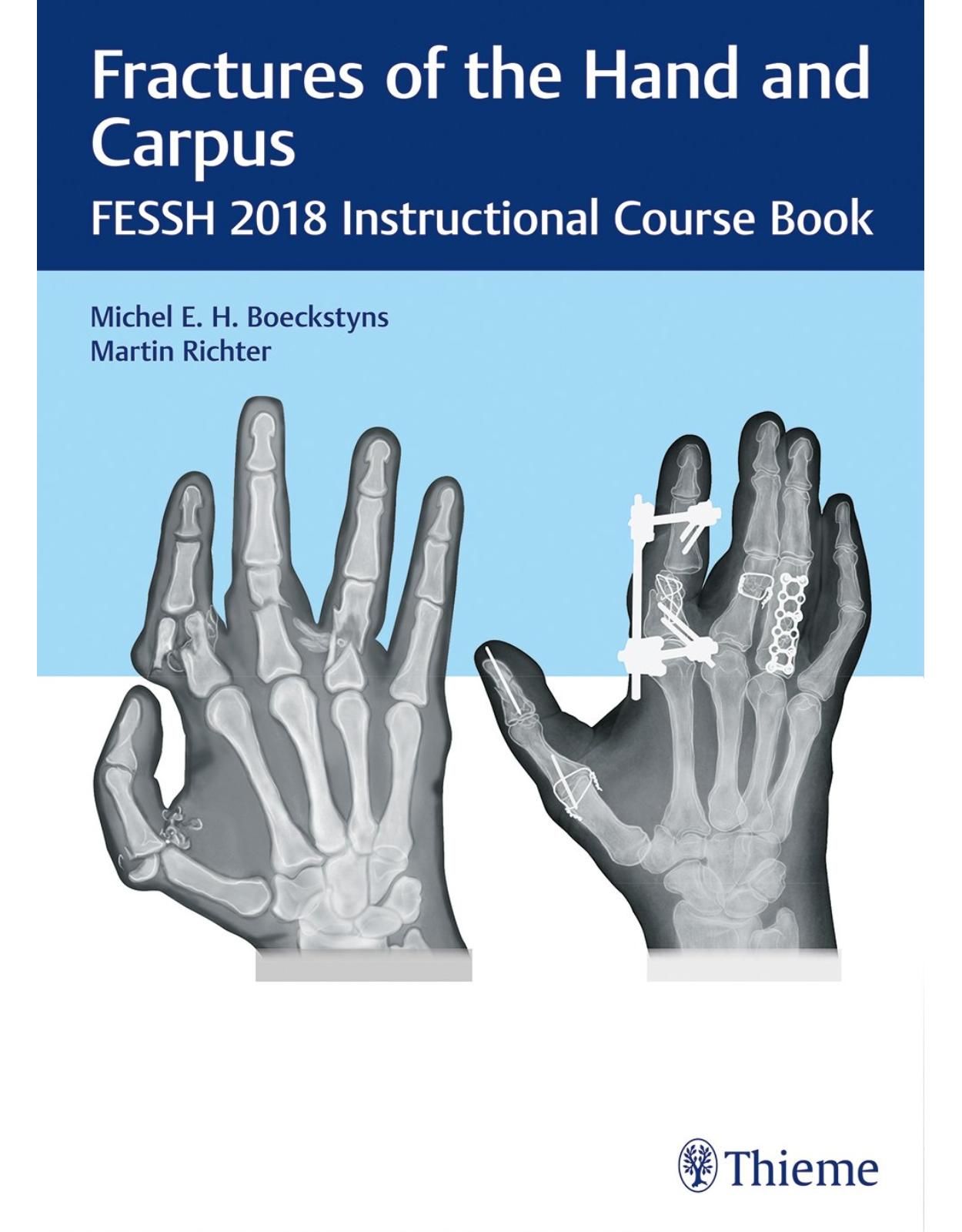
Fractures of the Hand and Carpus
Livrare gratis la comenzi peste 500 RON. Pentru celelalte comenzi livrarea este 20 RON.
Disponibilitate: La comanda in aproximativ 4-6 saptamani
Editura: Thieme
Limba: Engleza
Nr. pagini: 580
Coperta: Hardcover
Dimensiuni: 26.92 x 19.56 cm
An aparitie: 13 Jun. 2018
Description:
Hand fractures account for millions of emergency room visits annually. The extraordinary importance of the hand in so many activities of daily living necessitates inordinate surgical competence in repairing fractures, in order to preserve the vast range of motion and functionality of this highly complex structure.
Key Features:
General overview chapters covering anatomy, epidemiology, fixation types, role of arthroscopy, and strategies for compound hand injuries (soft tissue, flaps, etc.)
Contributions from a large number of renowned subspecialists
Hand fractures in special patient groups: athletes, musicians, patients with a paralytic extremity
Specific chapters covering the full range of fracture types and locations, including diaphyseal and intra-articular fractures of the phalanges and metacarpals, bony avulsions, fracture dislocations, and carpal bone fractures
Complications and their treatment: infection, malunion, hardware failures, and more
Evidence-based treatment suggestions, with the goal of restoring anatomic alignment and functional range of motion
Hundreds of high-quality radiographs and color photographs
Ideal for all orthopaedic and plastic surgeons in training, and of benefit to experienced surgeons as well, Fractures of the Hand and Carpus is a complete introduction to evidence-based techniques in hand surgery.
Table of Contents:
Section I General Chapters
1 Epidemiology and Specific Challenges
1.1 Incidence of Hand and Carpal Fractures
2 Evidence in the Treatment of Hand Fractures
2.1 Introduction
2.2 Quality and Distribution of the Studies
2.3 Results
2.4 Discussion
3 Nonoperative Management of Hand Fractures
3.1 Introduction
3.2 Methods and Materials
3.3 Results
3.4 Discussion
4 K-wire Fixation, Intraosseous Wiring, Tension Band Wiring
4.1 Intraosseous and Cerclage Wiring
4.2 K-wire Fixation
5 Intramedullary Screw Fixation of the Metacarpals and Phalanges of the Hand
5.1 Introduction
5.2 Indications
5.3 Surgical Technique
5.4 Results
5.5 Complications
5.6 Conclusions
6 Plate and Screw Fixation of Hand and Carpal Fractures
6.1 Introduction and Historical Perspective
6.2 Implants and Technical Principles
6.3 General Considerations and Indications
6.4 Specific Indications and Procedures
6.5 Complications
7 External Minifixation
7.1 Introduction
7.2 Surgical Technique
7.3 Indications
7.4 Results
7.5 Discussion
8 Role of Arthroscopy in the Treatment of Carpal Fractures and Nonunion
8.1 Introduction
8.2 Indications
8.3 Method
8.4 Conclusion
9 Strategies in Compound Hand Injuries
9.1 Introduction
9.2 Patient Expectation
9.3 Clinical Examination
9.4 Imaging
9.5 Classification
9.6 Timing
9.7 Surgery
9.8 Surgical Steps
10 Pediatric Hand Fractures
10.1 Introduction
10.2 Special Children Fractures
11 Fractures in the Paralytic Extremity
11.1 Introduction
11.2 Basic Science
11.3 Epidemiology
11.4 Prevention
11.5 Diagnosis
11.6 Management of Fractures
11.7 Evidence
11.8 Future
12 Hand Injuries in the Athlete
12.1 Metacarpal and Phalangeal Fractures
12.2 Carpal Fractures
12.3 Scapholunate Injuries
13 Special Aspects in Musicians
13.1 Introduction and Historical Perspective
13.2 Instruments and Movements Required to Play Them
13.3 General Principles and Clinical Examples
13.4 Conclusions
14 Fractures of the Hand and Carpus: Complications and Their Treatment
14.1 Infection/Osteomyelitis
14.2 Malunion
14.3 Nonunion
14.4 Bone Necrosis
14.5 Complications of Intra-articular Fracture: Osteoarthritis and Stiffness of Ligaments
14.6 Summary of Clinical Points to Aid in Prevention of Complications
14.7 Special Clinical Points in Judgment and Surgical Treatment
15 Rehabilitation of Hand and Finger Fractures
15.1 Challenges in Rehabilitation of Hand and Wrist Fractures
15.2 Patient Evaluation before Therapy
15.3 Techniques Used in Rehabilitation
15.4 Extension and Traction
15.5 Summary
Section II Phalangeal Fractures
16 Fractures at the Base of the Proximal Phalanx
16.1 Trauma Mechanism
16.2 Classification
16.3 Clinical Signs and Tests
16.4 Investigatory Examinations
16.5 Possible Concurrent Lesions of Bone and Soft Tissue
16.6 Evidence
16.7 Author's Favored Treatment Option
16.8 Alternative Treatment Options
16.9 Prognosis
17 Extra-articular Fractures of the Phalanges
17.1 Trauma Mechanism
17.2 Classification
17.3 Clinical Signs and Tests
17.4 Investigatory Examinations
17.5 Concurrent Soft Tissue Lesions
17.6 Evidence
17.7 Author's Favored Treatment Options
17.8 Alternative Treatment Options
17.9 Treatment of Specific Fracture Configurations
17.10 Prognosis
17.11 Tips and Tricks
18 Intra-articular Fractures of the Proximal Interphalangeal Joint
18.1 Trauma Mechanism
18.2 Classification
18.3 Clinical Signs and Tests
18.4 Investigatory Examinations
18.5 Evidence
18.6 Author's Favored Treatment Options
18.7 Alternative Treatment Options
18.8 Prognosis
19 Avulsion Fractures of the Flexor and Extensor Tendons
19.1 Extensor Avulsion Fractures
19.2 Flexor Avulsion Fractures
Section III Metacarpal Fractures
20 Intra-articular Fractures and Dislocations at the Base of Metacarpals 2 to 5
20.1 Introduction
20.2 Trauma Mechanism and Anatomy
20.3 Classification
20.4 Clinical Signs and Tests
20.5 Investigatory Examinations
20.6 Treatment
20.7 Evidence
20.8 Author's Favored Treatment Option
20.9 Tips and Tricks
20.10 Prognosis
21 Intra-articular Fractures at the Base of the First Metacarpal
21.1 Trauma Mechanism
21.2 Classification
21.3 Clinical Signs and Tests
21.4 Investigatory Examinations
21.5 Possible Concurrent Lesions of Bone and Soft Tissue
21.6 Evidence
21.7 Authors’ Favored Treatment Option
21.8 Alternative Treatment Options
21.9 Prognosis
21.10 Tips and Tricks
22 Diaphyseal Fractures of the Metacarpals
22.1 Trauma Mechanism
22.2 Classification
22.3 Clinical Signs
22.4 Investigatory Examination
22.5 Possible Concurrent Lesions of Bone and Soft Tissue
22.6 Evidence and Anatomical Considerations
22.7 Indications for Surgery
22.8 Authors’ Favored Treatment Option
22.9 Alternative Treatment Options
22.10 Prognosis
22.11 Tips and Tricks
23 Metacarpal Neck Fractures
23.1 Trauma Mechanism
23.2 Classification
23.3 Clinical Signs and Tests
23.4 Radiographs
23.5 Possible Concurrent Lesions of Bone and Soft Tissue
23.6 Evidence
23.7 Author's Favored Treatment Option
23.8 Alternative Treatment Options
23.9 Prognosis
23.10 Tips and Tricks
24 Correction of Malunion in Metacarpal and Phalangeal Fractures
24.1 Trauma Mechanism
24.2 Classification
24.3 Clinical Signs and Tests
24.4 Evidence
24.5 Author's Favored Treatment Options
24.6 Clinical Results
24.7 Tips and Tricks
Section IV Carpal Fractures
25 Acute Scaphoid Fractures
25.1 Introduction
25.2 Trauma Mechanism
25.3 Clinical Signs and Tests
25.4 Investigatory Examinations
25.5 Alternative Treatment Options
25.6 Prognosis
25.7 Conclusion
26 Nonunion of the Scaphoid
26.1 Trauma Mechanism
26.2 Diagnostic Techniques and Criteria
26.3 Treatment Options
26.4 Evidence and Prognosis
26.5 Salvage Procedures
27 Other Carpal Fractures
27.1 General Considerations
27.2 Fracture of Triquetrum
27.3 Fracture of the Pisiform
27.4 Fracture of the Lunate
27.5 Fracture of the Trapezium
27.6 Fracture of Capitate
27.7 Fracture of Hamate
| An aparitie | 13 Jun. 2018 |
| Autor | Michel E.H. Boeckstyns, Martin Richter |
| Dimensiuni | 26.92 x 19.56 cm |
| Editura | Thieme |
| Format | Hardcover |
| ISBN | 9783132417205 |
| Limba | Engleza |
| Nr pag | 580 |

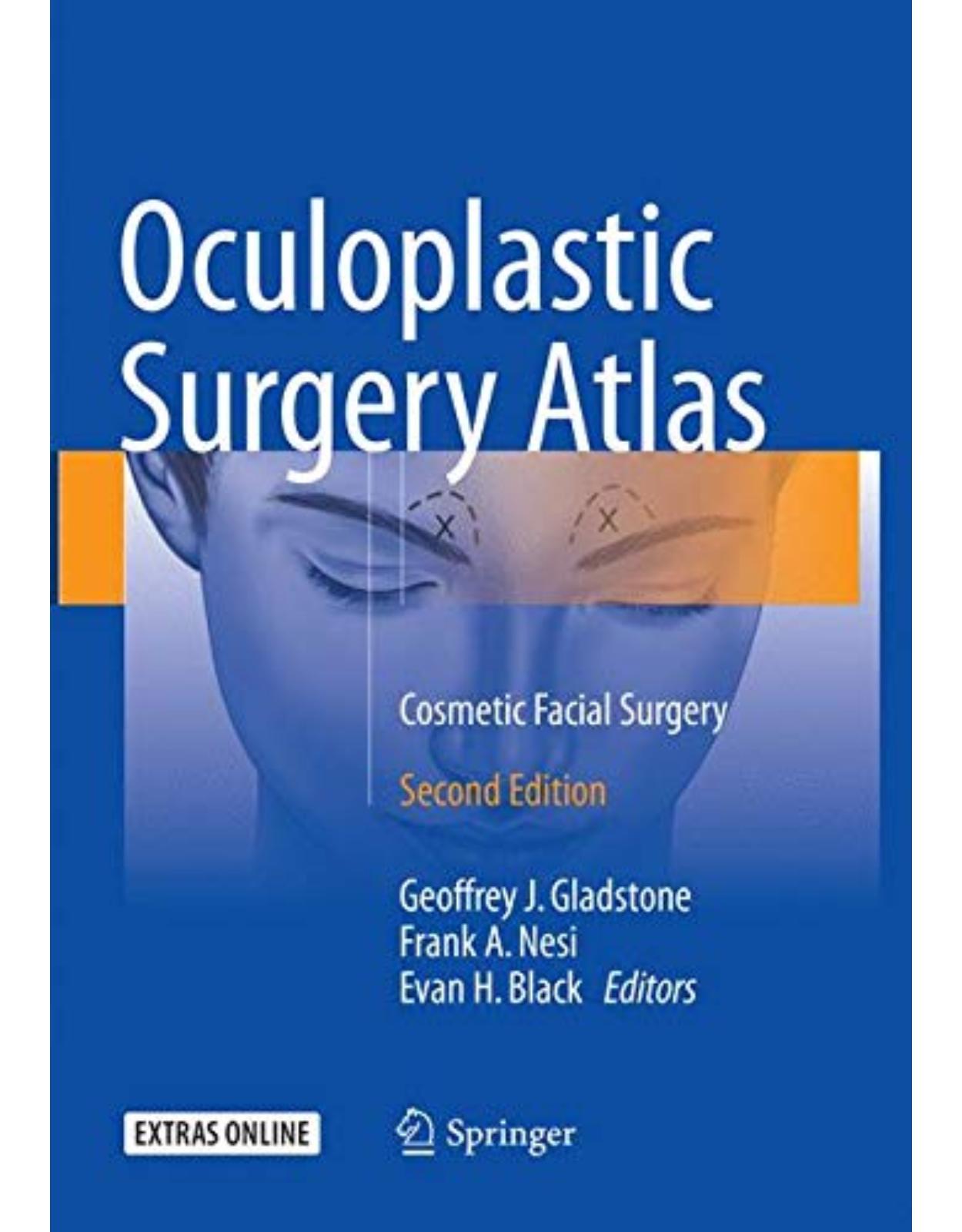
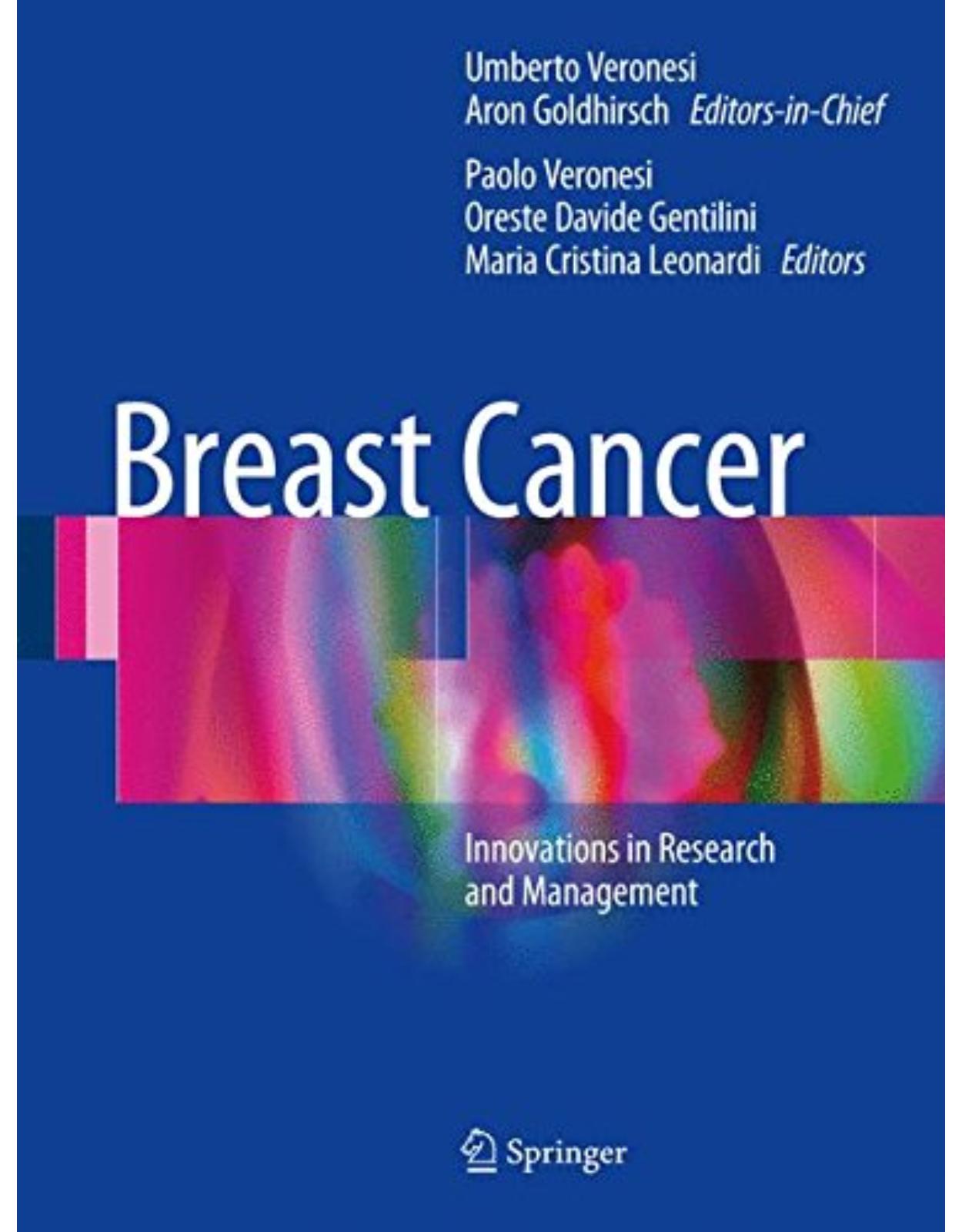
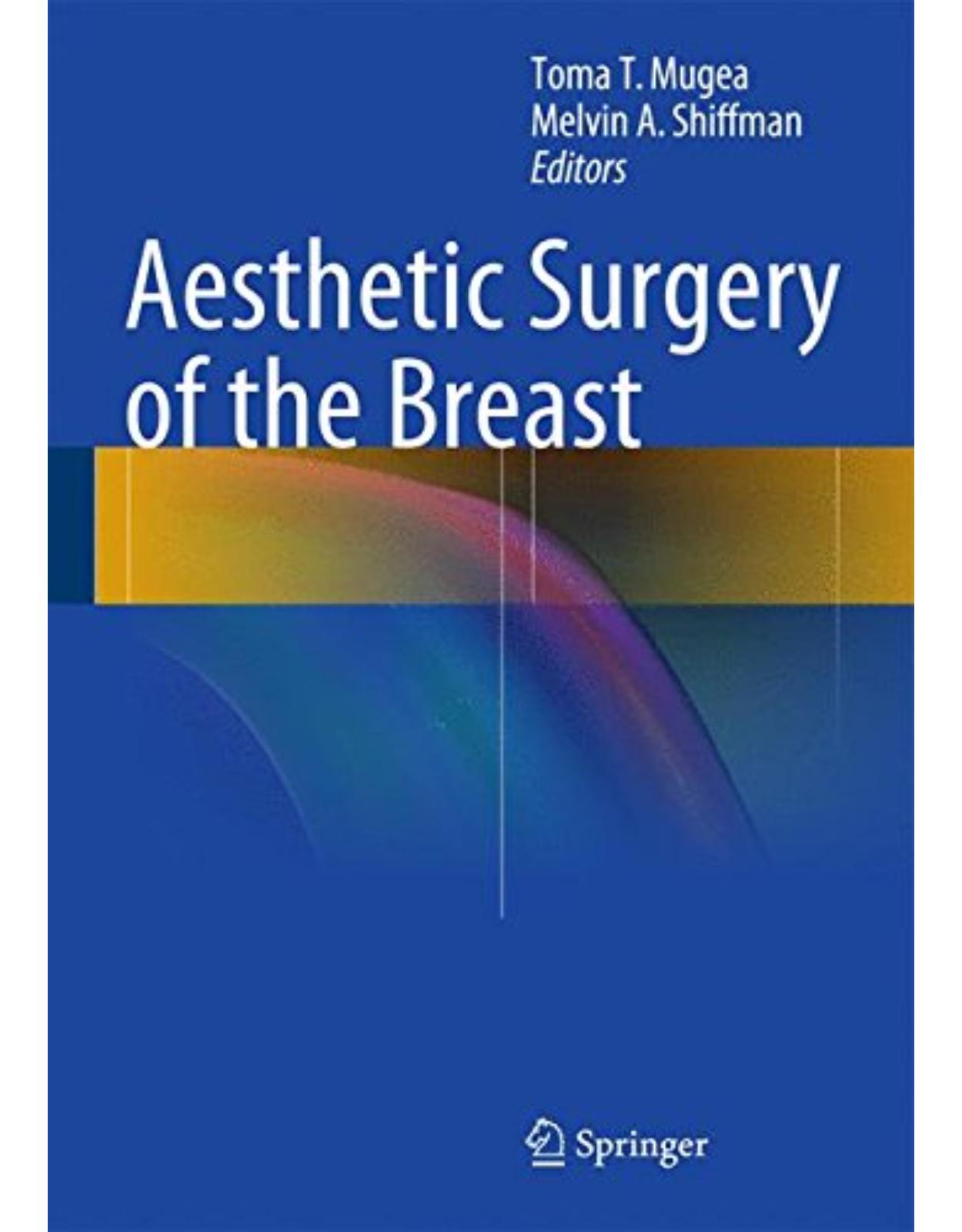
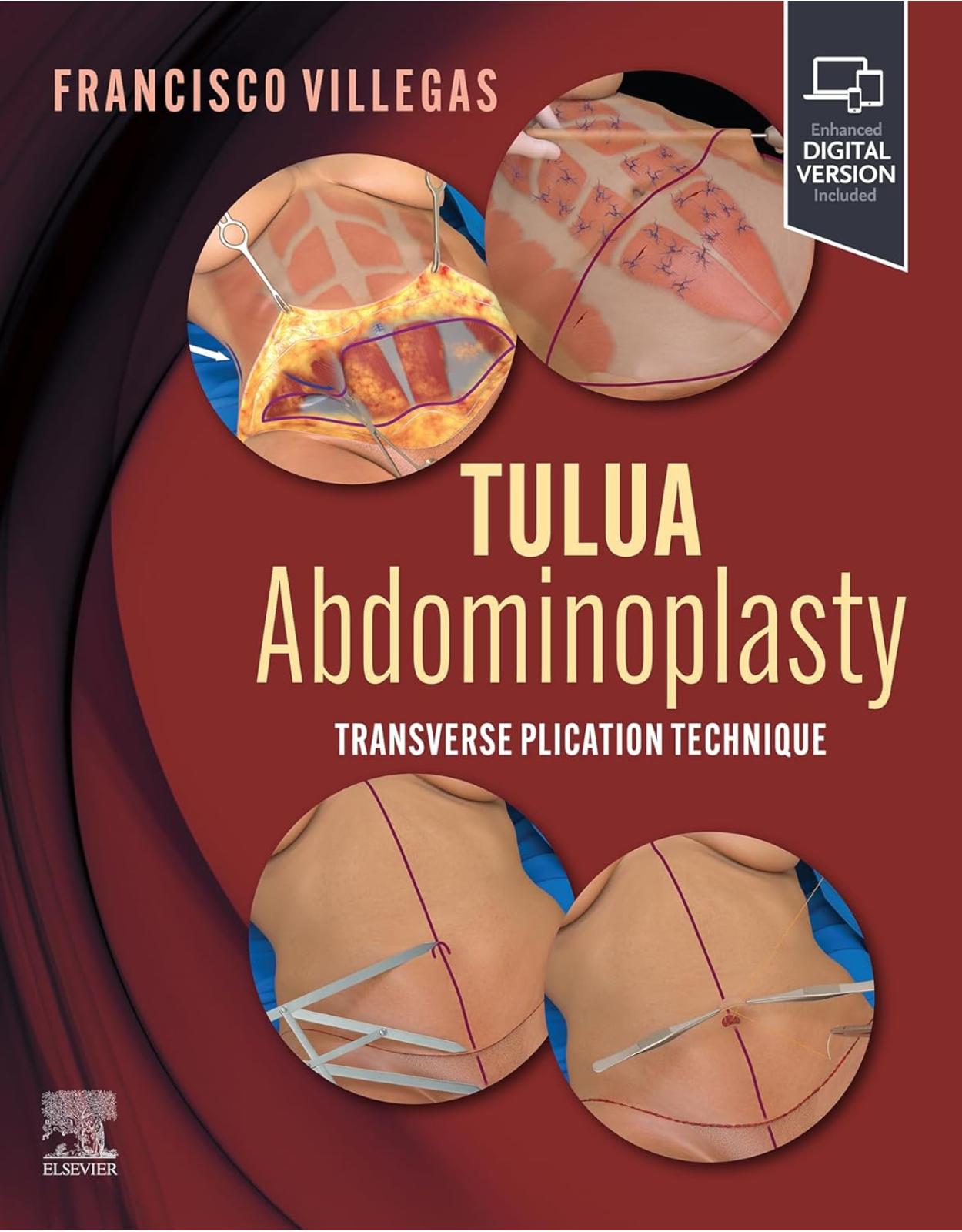
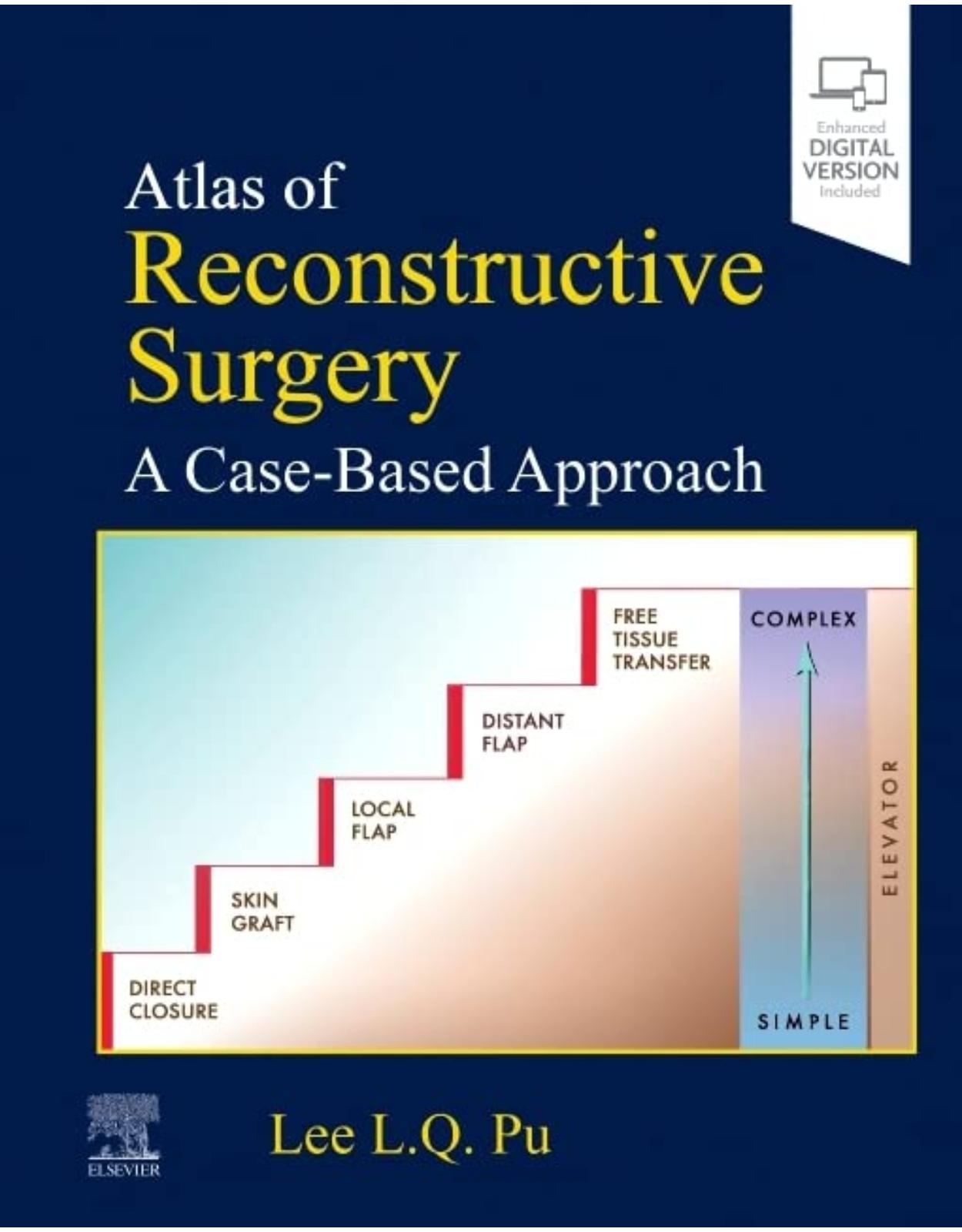
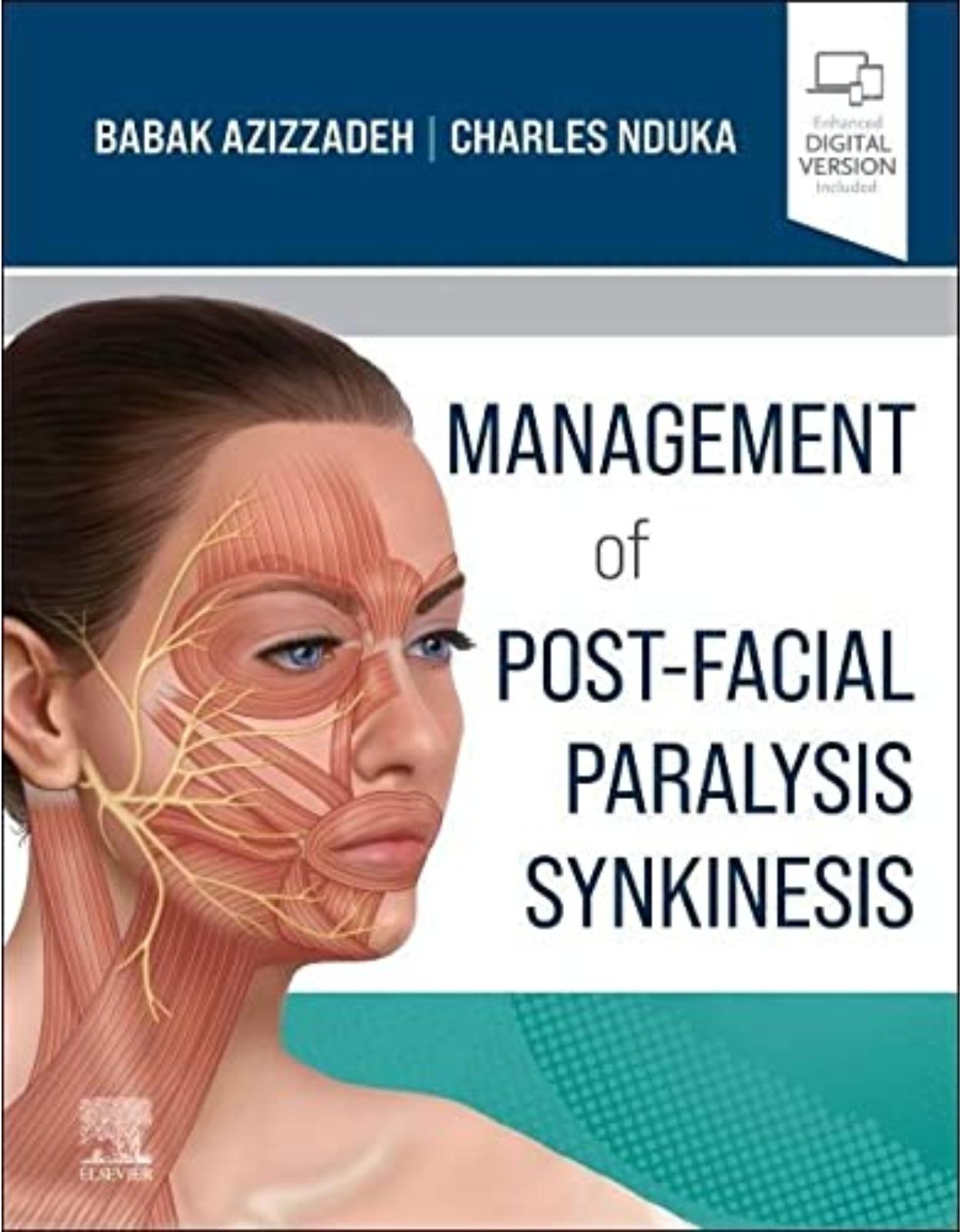
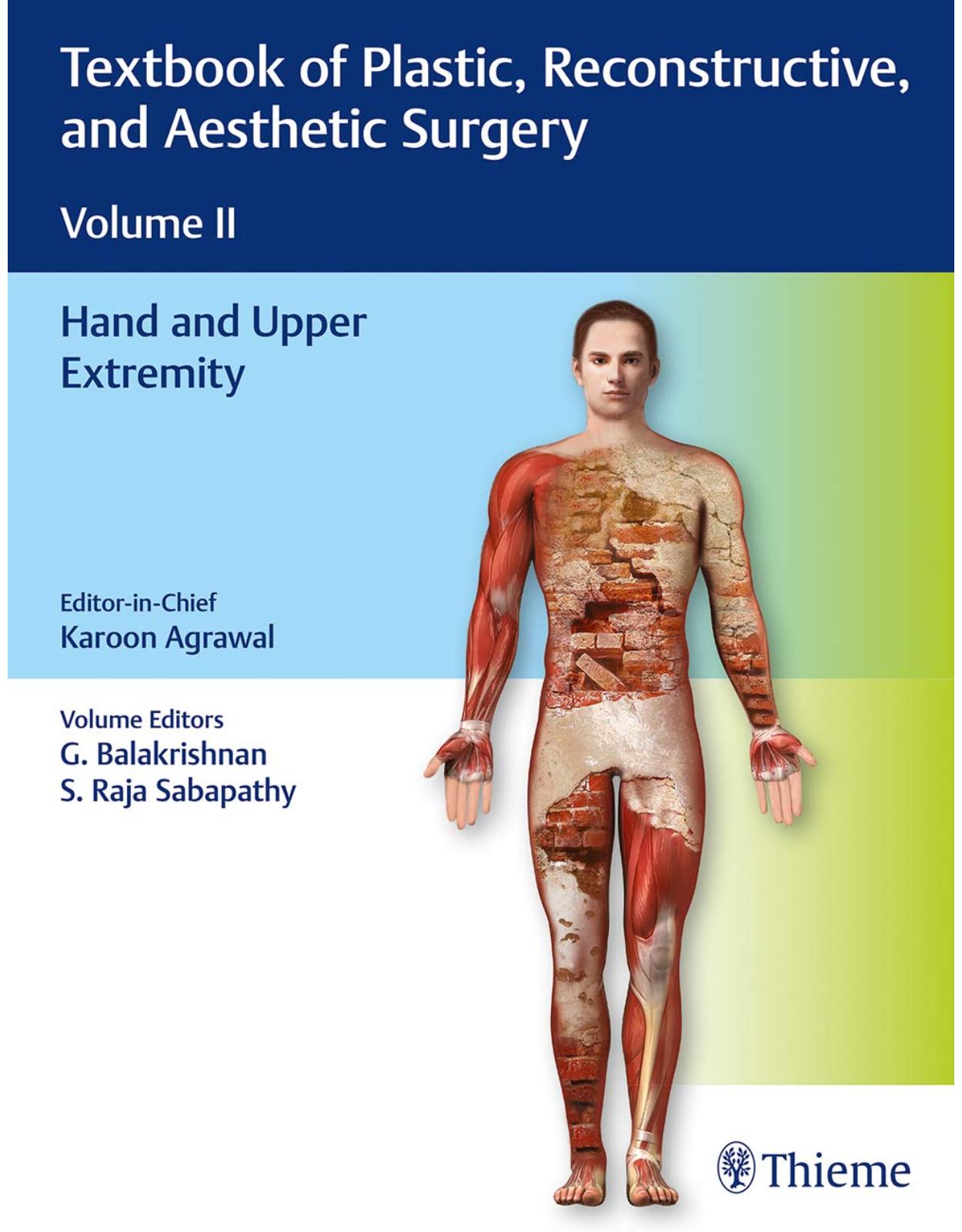
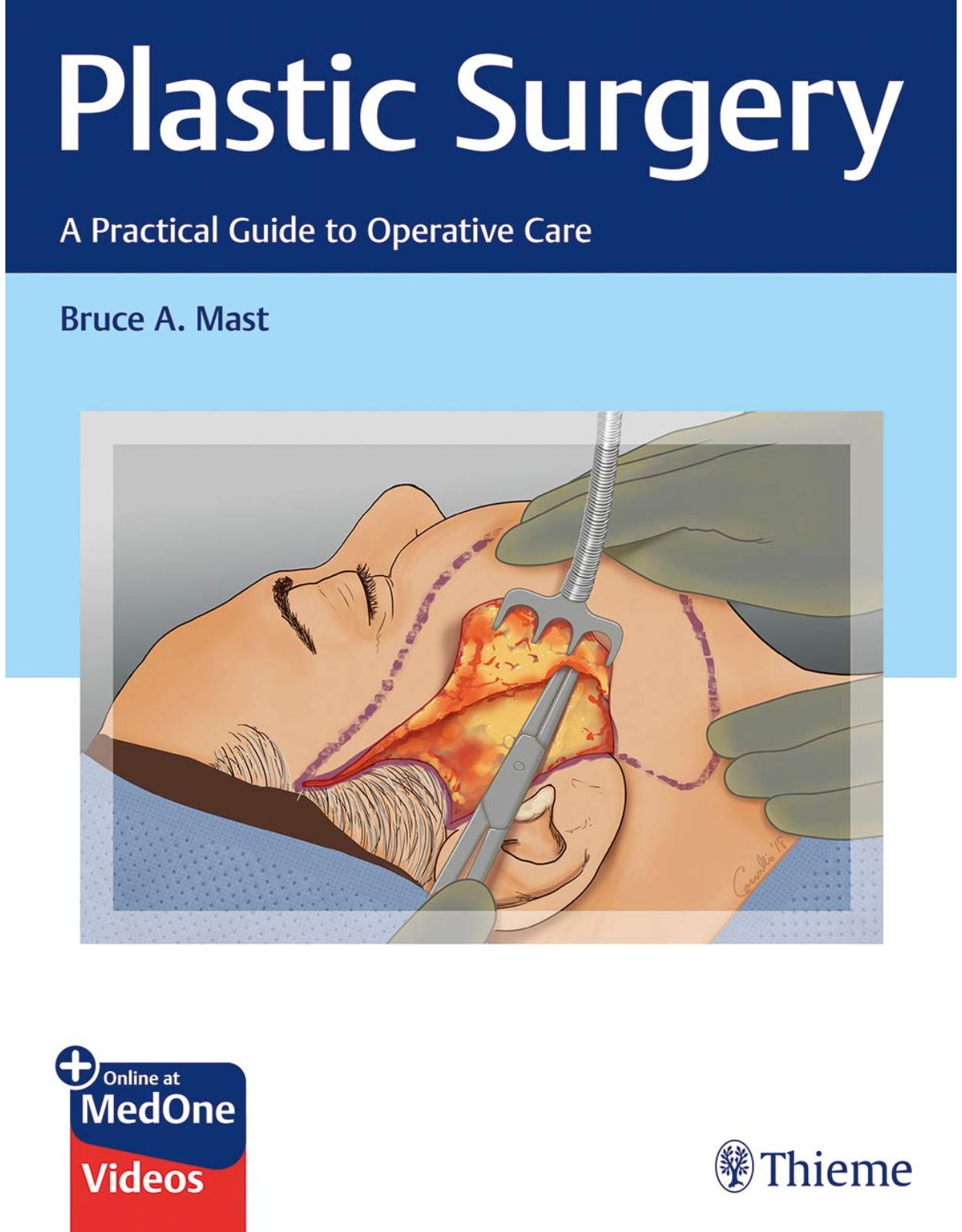
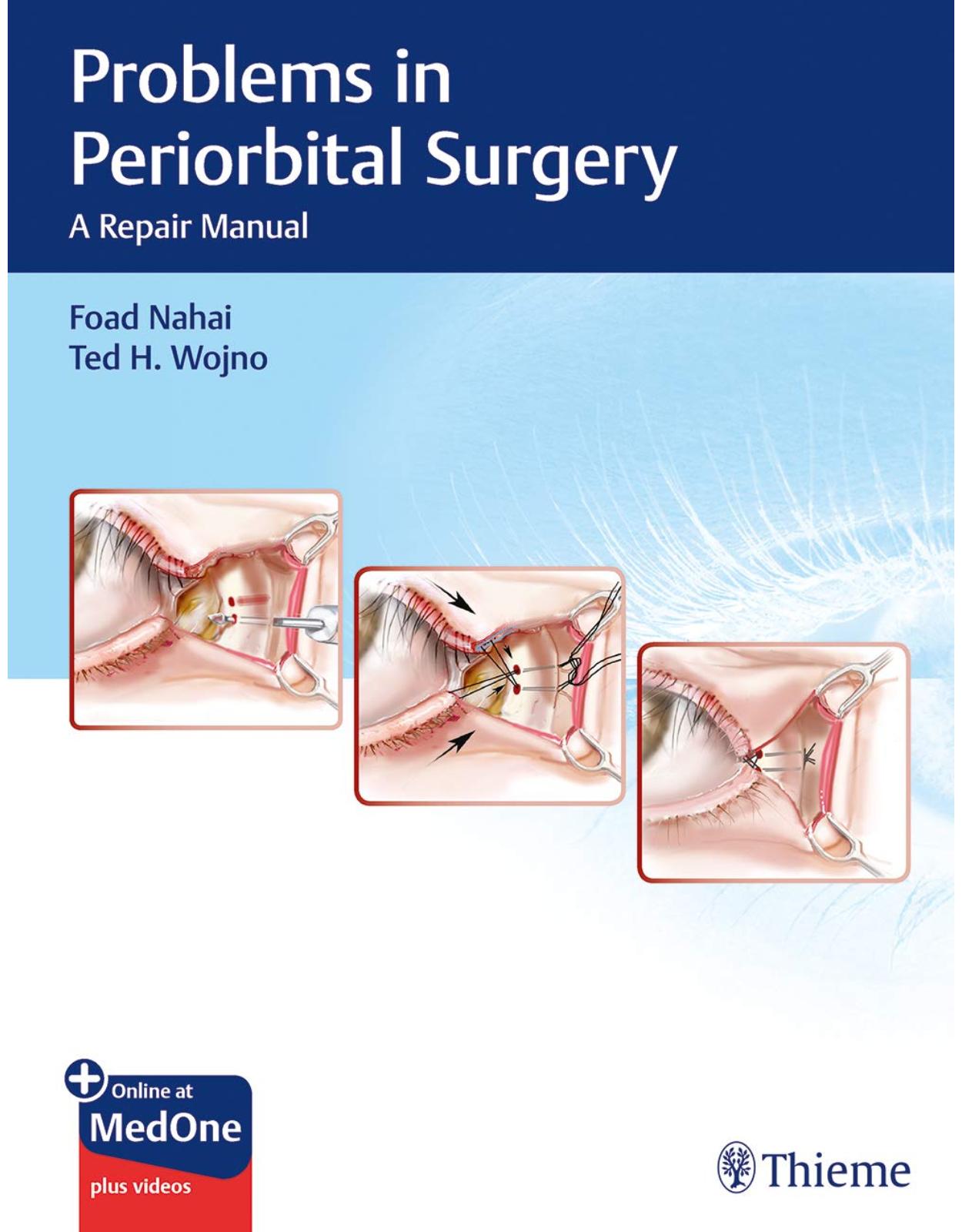
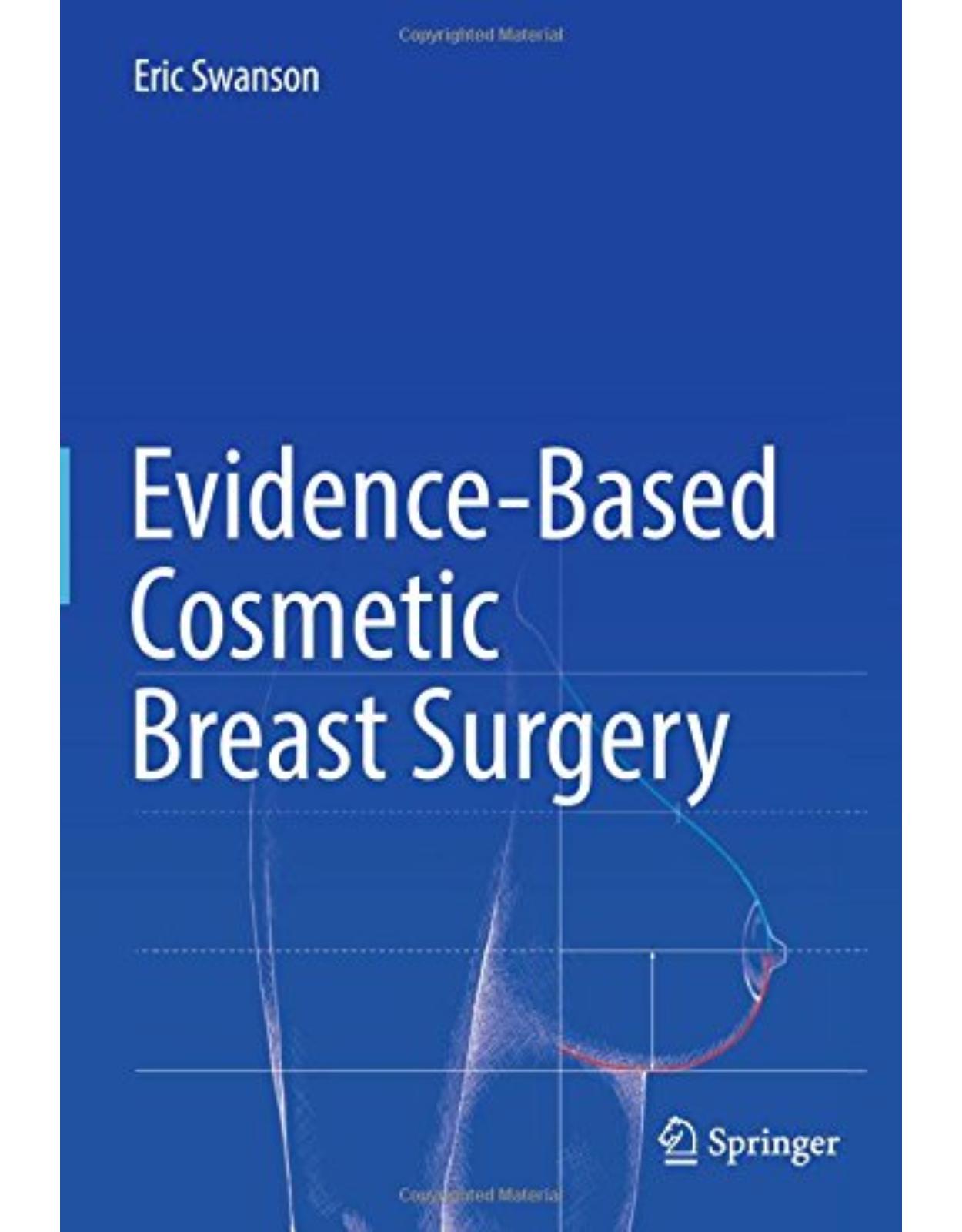
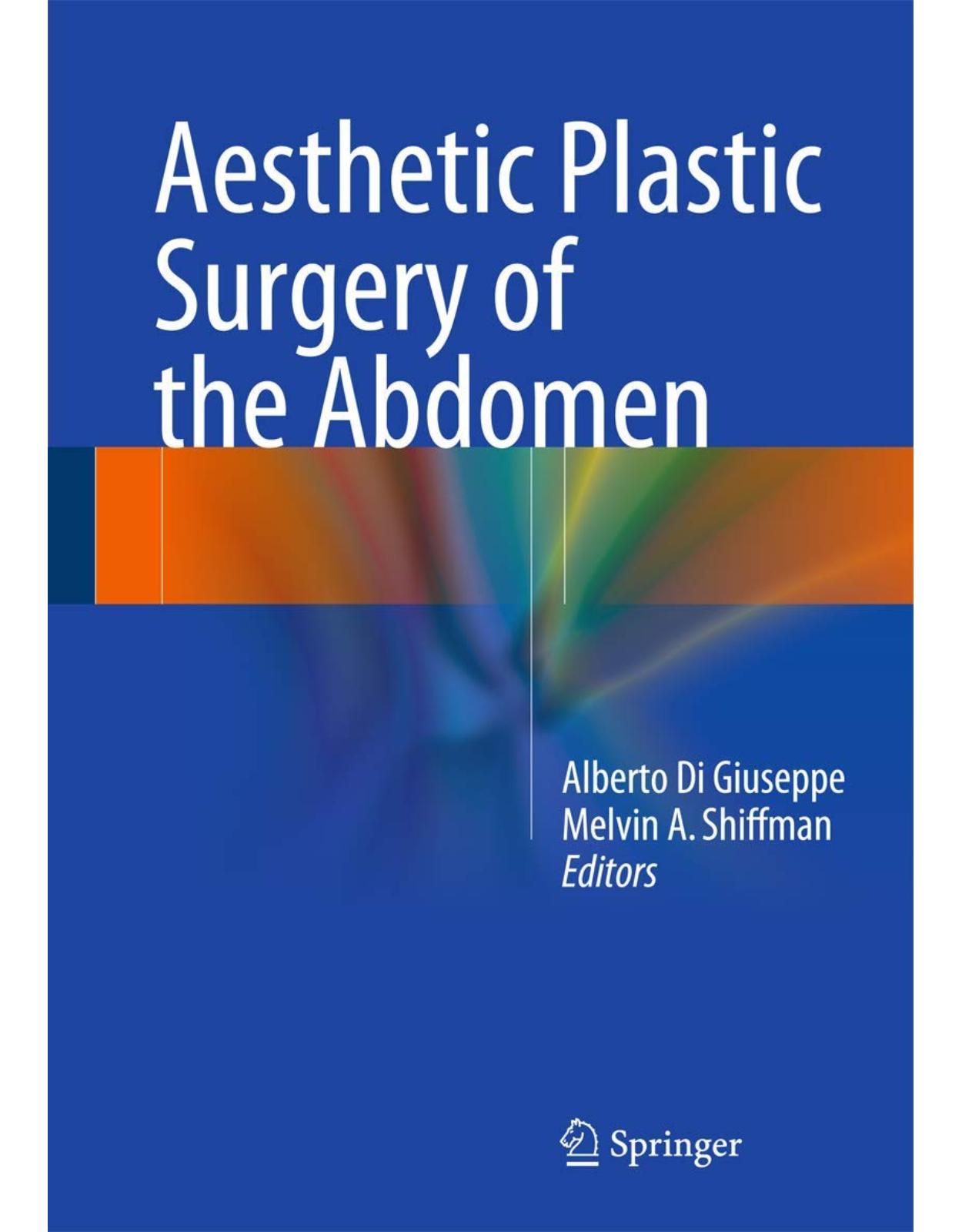
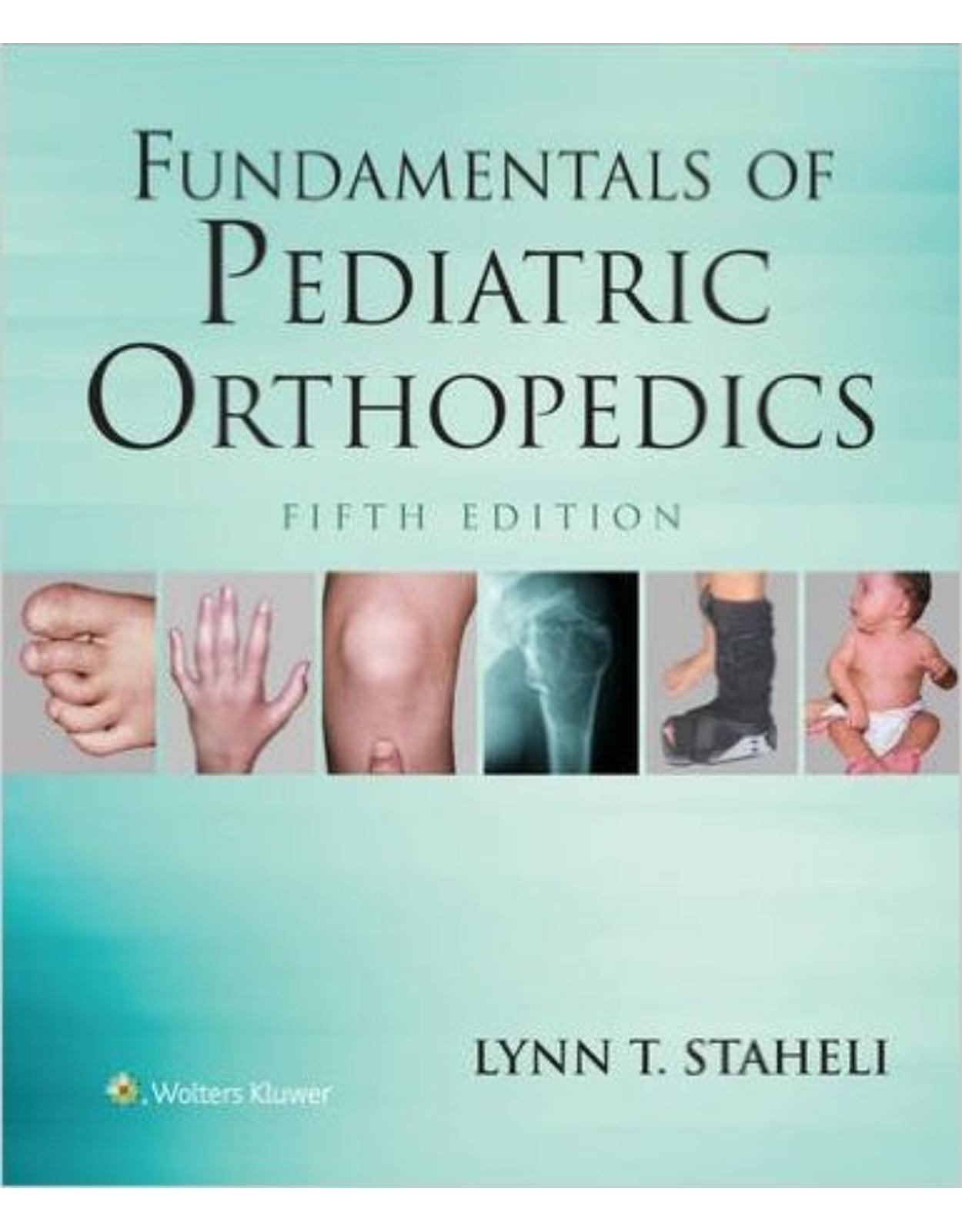
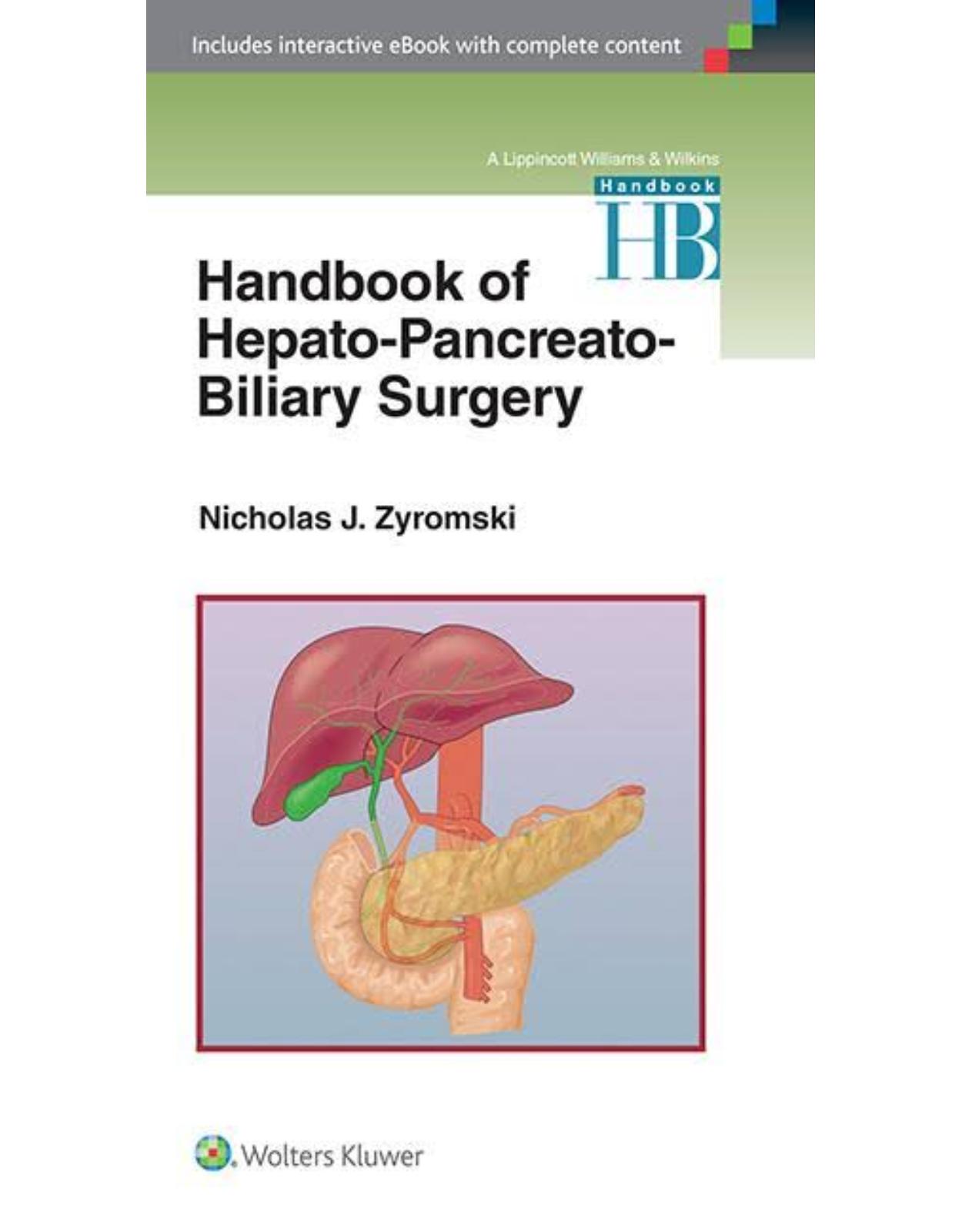
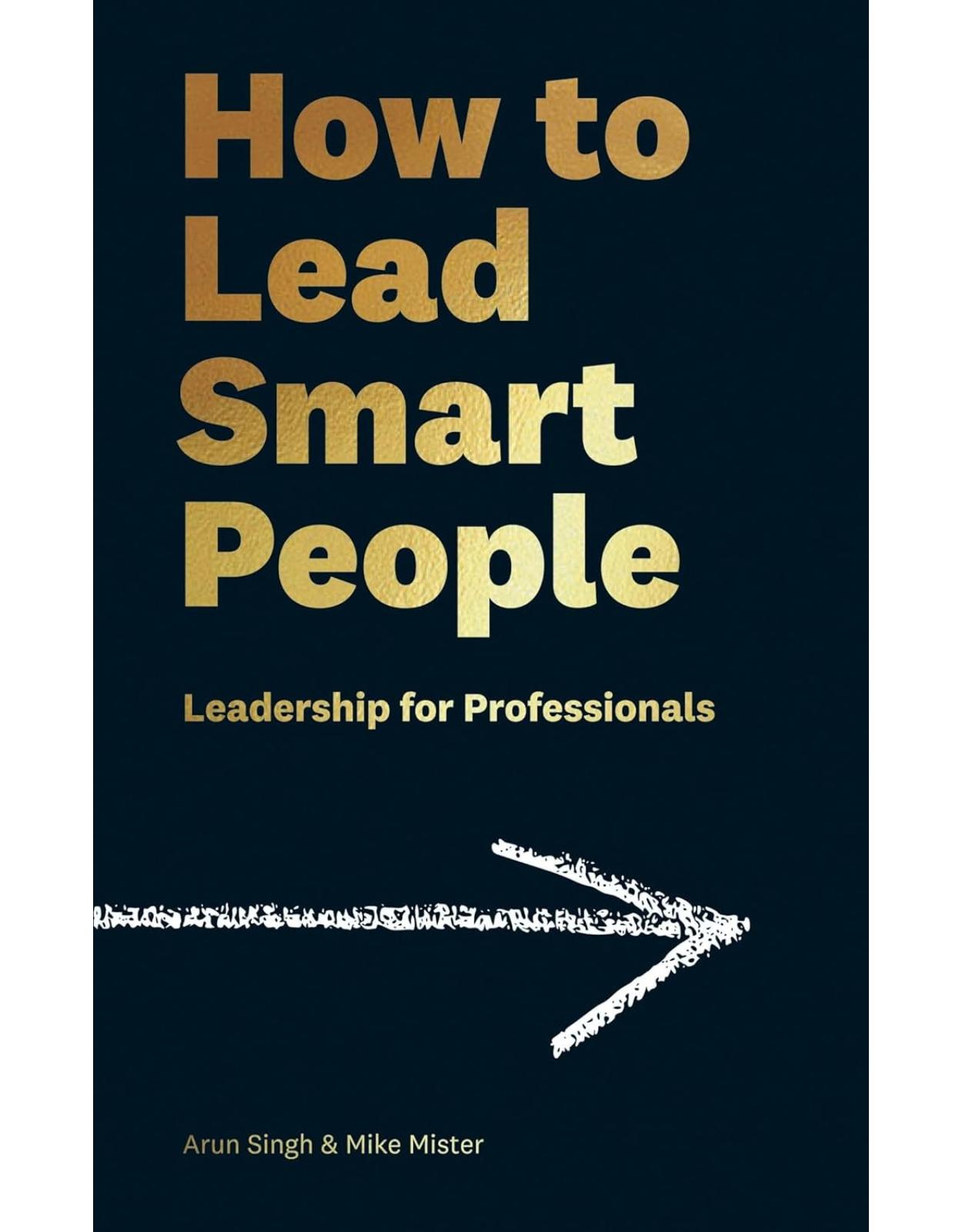



Clientii ebookshop.ro nu au adaugat inca opinii pentru acest produs. Fii primul care adauga o parere, folosind formularul de mai jos.